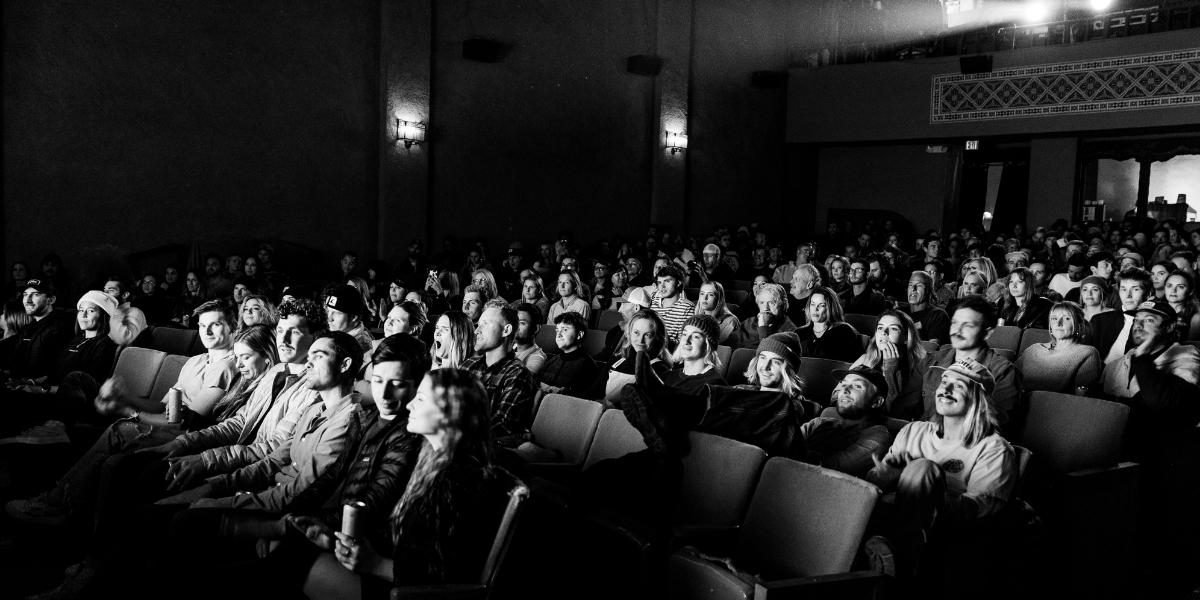Classic movies have a timeless appeal that continues to captivate audiences across generations. Whether it’s the compelling performances, the unforgettable storylines, or the artistic direction, these films hold a special place in cinema history. For many, watching a classic movie feels like revisiting an old friend—familiar, comforting, and always offering something new with each viewing. In this article, we explore why classic movies remain relevant and why they deserve to be watched again.
Read Also: Romance Movies Breaking Traditional Narratives About Black Pain
Why Do Classic Movies Stand the Test of Time?
There’s a unique magic that classic movies exude, making them stand the test of time. Unlike contemporary films that may quickly fade into obscurity, classics have an enduring quality that resonates with audiences decades after their release. One reason for this is their ability to connect with universal emotions and themes—love, loss, ambition, and redemption—no matter the era.
Additionally, classic movies were often groundbreaking in their time, pushing the boundaries of filmmaking with innovative techniques, powerful performances, and unforgettable music. For example, films like Gone with the Wind (1939) or Citizen Kane (1941) broke new ground in terms of cinematography and storytelling, influencing the future of cinema for generations.
The performances in classic movies are another factor that gives them lasting power. Actors like Humphrey Bogart, Audrey Hepburn, and Marlon Brando became iconic for their roles in classic films, delivering performances that are often still studied in film schools today. These performances not only defined the actors’ careers but also set the bar for acting in the years that followed.
Which Classic Movies Should You Watch Again?
There are so many classic movies to choose from, but here are a few that will leave a lasting impression, whether it’s your first time watching or your tenth.
1. Casablanca (1942)
Regarded as one of the greatest films ever made, Casablanca is a timeless love story set against the backdrop of World War II. The chemistry between Humphrey Bogart and Ingrid Bergman is palpable, and the film’s iconic lines, such as “Here’s looking at you, kid,” have cemented its place in movie history. Despite its wartime setting, Casablanca is a story about sacrifice, love, and moral dilemmas that still resonates with viewers today.
2. The Godfather (1972)
The Godfather is a masterpiece of modern cinema and one of the most influential films of all time. Directed by Francis Ford Coppola and based on Mario Puzo’s novel, the film explores the complex dynamics of family, loyalty, and power. Marlon Brando’s portrayal of Vito Corleone is legendary, as is Al Pacino’s transformation from a reluctant outsider to a ruthless mafia boss. The Godfather continues to be revered for its stunning direction, unforgettable dialogue, and profound themes.
3. Breakfast at Tiffany’s (1961)
Breakfast at Tiffany’s is not only a film that showcases Audrey Hepburn’s elegance and charm but also a delightful exploration of loneliness and personal growth. Hepburn’s portrayal of Holly Golightly, a woman who leads a seemingly carefree life while grappling with her inner turmoil, remains one of her most iconic roles. With memorable songs like “Moon River” and a timeless look at romance, Breakfast at Tiffany’s is a classic that continues to enchant audiences.
4. Schindler’s List (1993)
A more recent classic, Schindler’s List is a haunting and emotional portrayal of the Holocaust. Directed by Steven Spielberg, the film tells the true story of Oskar Schindler, a German businessman who saved over a thousand Jewish refugees during World War II. The stark black-and-white cinematography and Liam Neeson’s powerful performance make this film one of the most profound cinematic experiences of all time. Schindler’s List is a film that should be watched again and again to fully appreciate its depth and historical importance.
5. Singing in the Rain (1952)
A lighthearted yet masterful musical, Singing in the Rain is often regarded as the greatest musical ever made. With unforgettable performances by Gene Kelly and Debbie Reynolds, the film offers a fun look at Hollywood’s transition from silent films to talkies. The iconic “Singin’ in the Rain” dance sequence has become a symbol of joy, and the film’s timeless humor and energy continue to captivate new generations.
Why Are Classic Movies Still Relevant Today?
Classic movies continue to capture the imagination of audiences because of their ability to transcend time. While special effects, technology, and cultural references may have evolved, the core elements of a great film—compelling storytelling, emotional depth, and memorable performances—remain unchanged. In an era where modern films often rely on visual spectacle, classic movies remind us of the power of simplicity and substance.
Moreover, many classic movies still reflect universal issues and themes that are as relevant today as they were when the films were first released. Movies like 12 Angry Men (1957) or To Kill a Mockingbird (1962) explore justice, morality, and prejudice—issues that continue to resonate in today’s world. These films offer a window into the past while sparking important conversations that are still necessary today.
What Makes Watching Classic Movies So Enjoyable?
One of the joys of watching classic movies is their ability to transport us to another time and place. Whether it’s the glamour of 1950s Hollywood or the gritty realism of 1970s New York, classic movies offer a glimpse into a different era. For many viewers, revisiting these films is like taking a cinematic journey through history, allowing us to experience life as it was in decades past.
Additionally, watching classic movies can be a communal experience. Whether watching with friends, family, or even on your own, these films spark conversation and bring people together to appreciate the art of filmmaking. Classic movies also have a way of creating a sense of nostalgia, reminding us of simpler times or experiences we’ve shared with loved ones.
Read Also: The Rise of Black Women in Action Films: Breaking Stereotypes and Shaping Representation
The Timeless Appeal of Classic Movies
Classic movies are much more than just entertainment; they represent the artistry, storytelling, and culture of their time. They offer rich cinematic experiences that still hold up today, drawing new generations of viewers while maintaining the loyalty of those who have seen them countless times. Whether you’re watching for the first time or revisiting an old favorite, classic movies have a unique ability to connect us to the past and remind us of the power of great cinema.
As we continue to enjoy and appreciate the classics, it’s clear that their timeless qualities will ensure they remain a cherished part of movie history for generations to come.








